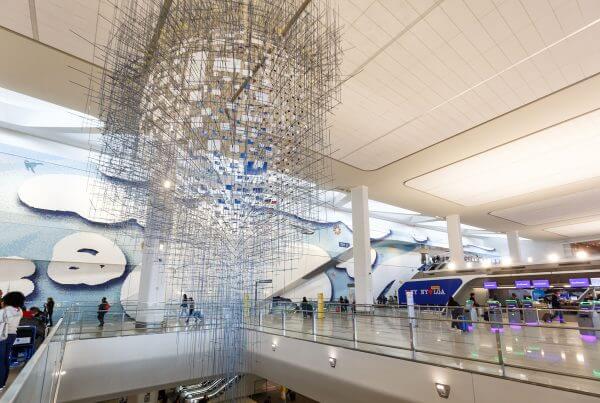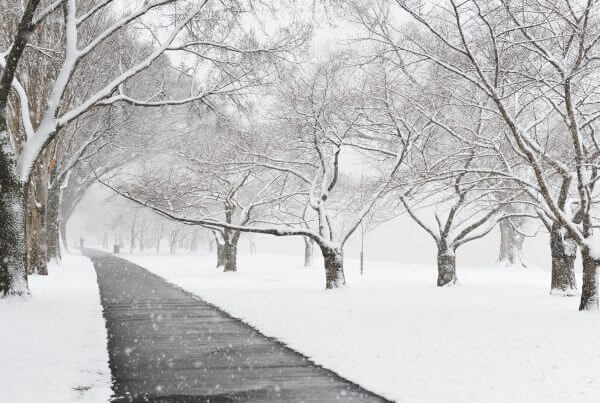Key Points
- A federal judge has set aside an H-1B lottery prioritization rule
- The rule would have replaced the current random lottery selection with a wage-based system
- The H-1B lottery prioritization rule was designed to favor individuals with higher salaries
- The proposed rule has been a contentious issue since 2020
- Current rules are likely to remain in place for the FY23 H-1B cap season
Overview
On September 16, 2021, a federal judge set aside a regulation that was scheduled to replace the current H-1B random selection process with a system that would favor individuals with higher salaries.
District Judge Jeffrey White has ruled that Chad Wolf was not acting lawfully as the Acting Secretary of the Department of Homeland Security (DHS) when the DHS issued the H-1B lottery prioritization rule earlier this year. Consequently, Judge White vacated the rule.
Background
The H-1B lottery prioritization rule has been a contentious issue since 2020. In December 2020, the same federal district judge (Judge White) set aside the “H-1B strengthening” rule issued by DHS and the prevailing wage regulation issued by the Department of Labor (DOL). The H-1B lottery prioritization rule was challenged in court in April 2021. Two months later, a federal court vacated the updated DOL wage rule.
Looking Ahead
The H-1B lottery prioritization rule was scheduled to begin on December 31, 2021, and govern the FY2023 H-1B cap season. Based on the recent ruling, it is unlikely that a wage-based selection system will be used for the FY23 H-1B cap season. Current rules are likely to remain in place. Envoy (CIP’s affiliated technology partner) will provide updates as available.






